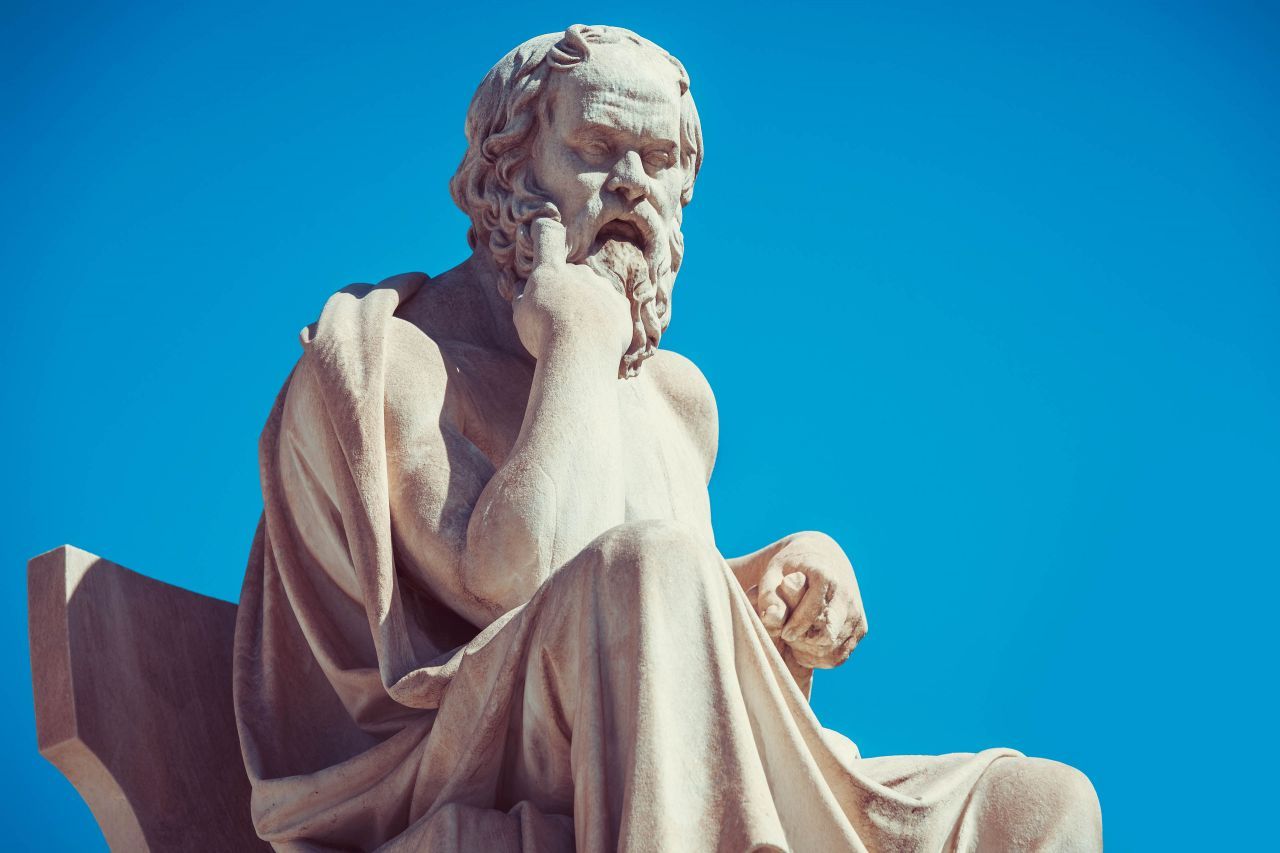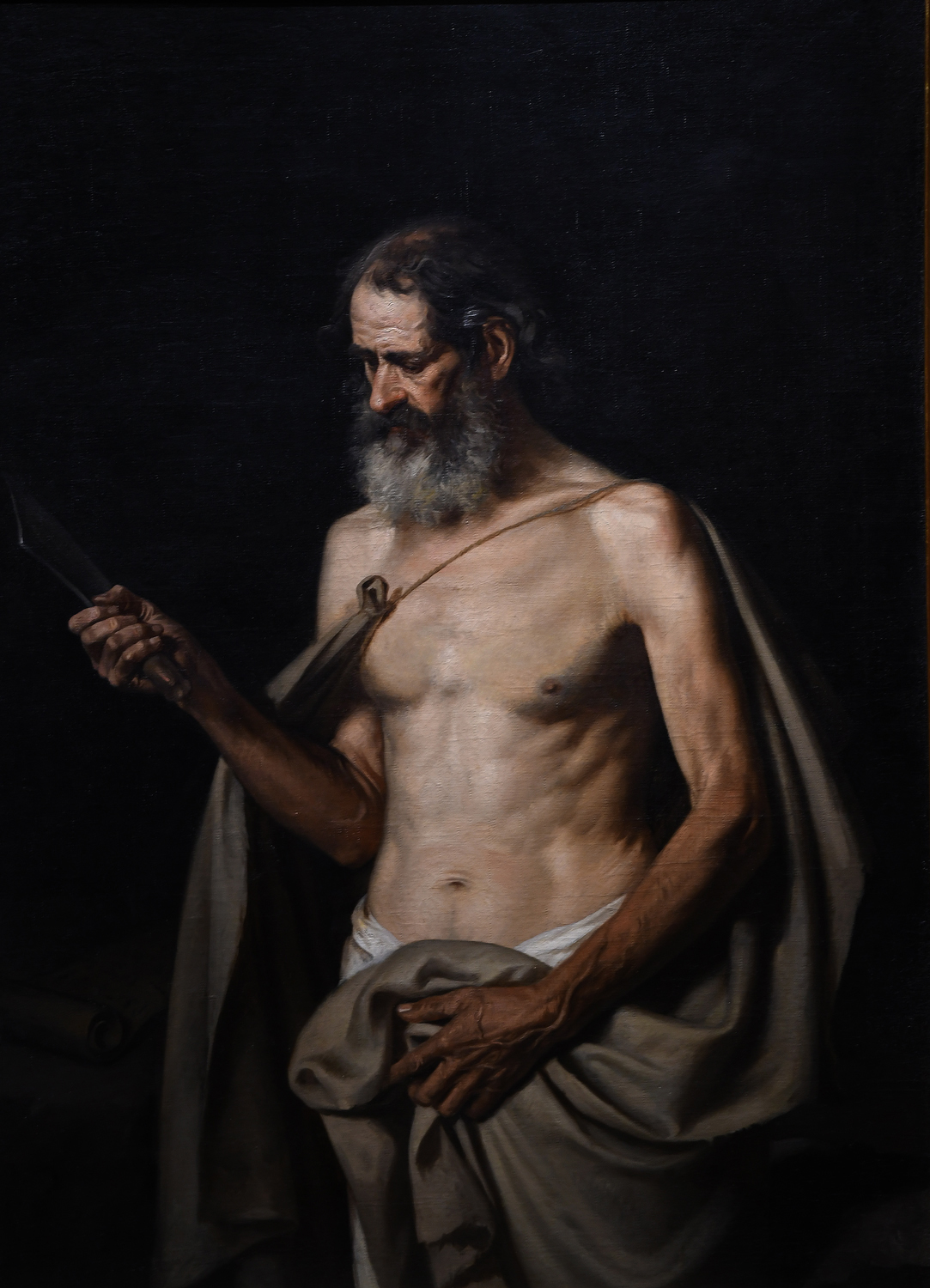Introduction


Modern society is obsessed with knowing. I have written about this countless times, and I will probably write many more in this tone, but modern society fears uncertainty. The value of proclaiming ignorance, however, has irreplaceable value for us today. But this seems to be lost. People today want only two options: they want the “correct” option that is opposed to the “incorrect” option. The middle “grey” ground does not exist. Walter Kaufmann in an introduction to Martin Buber’s “I and Thou” writes that people are afraid of this grey middle ground because “it is not neat and simple.” He continues and states that people forget about the infinite possibilities which are open to them. This, one might argue, is a conscious “forgetfulness”.
Conscious Forgetfulness
If one goes online, one finds various conspiracy theories about almost everything. One is struck by the depth that some of these theories go and how much “thinking” goes into them. One might be tempted to call this critical thinking or even thinking, but I would argue that this is not either. In any case, for a lack of better terminology, these conspiracy theories are marred by overthinking. But the depth of these “overthinking(s)” cannot be neglected. However, this is not “thinking” or critical thinking in any sense of the word. The simple and short answer to the reason why it is not, is that the possibility of negation is absent. I am tempted to recall Karl Popper and his theory of falsification. One reason why some “sciences” are called pseudo-sciences are because of the absence of the element of falsifiability. Simply put if a theory cannot be proven false one cannot claim that it is science. Extrapolating this to this discussion, if one posits that in the discussion or dialogue there needs to be an element of “wrongfulness” for it to constitute critical thinking, these conspiratorial discussions does not count as critical thinking because to be wrong seems farfetched. Simply put to be wrong when one is wholly committed to a conspiracy theory seems to be not an option.

I want to claim that this is an “conscious forgetfulness” which in turn is becoming all the more unconscious. The short answer to this is because people cannot enter or hold the “ignorant” position, the fall into conspiratorial thinking becomes the norm. The position of ignorance requires one to critically think about a subject, and this leads one to the Socratic position of ignorance, or to a position that one claims: I do not know. This position I claim is not available anymore due to our fundamental and conscious forgetfulness; in other words, ignorance has gotten a bad rep or connotation. It is helpful to again recall the Kauffmann quote from above. There is a forgetfulness pertaining the limitless potential of possible choices because this is not neat and simple to understand. When you claim ignorance, one tacitly acknowledges this position that Kauffman tells us people want to forget. This is because when you stand back and state “I do not know” a vast number of options open to one which one can investigate. When you claim the position of “I know” one can fall either in the scientific camp or the conspiratorial camp. I am not here falling in the trap of my own critique, i.e., by stating only two camps. It is simply that the way in which “scientific knowledge” is set up which allows for only two options: scientific or non-scientific knowledge. In this second camp, viz. non-scientific knowledge, we find the conspiratorial discussions I have been referencing.
What is the Value of Ignorance?


What is the value, then, of proclaiming ignorance and entering this ignorant position? It is precisely that moment when one can investigate the infinite possible options in front of one. As stated, following Kaufmann, people tend to forget this for a specific reason: it is not neat and simple. There is no dichotomy or binary options. It is easy to choose between two options, it is neat to structure the world in such a way that the one option is glaringly the correct one and the other the wrong one. But when one becomes aware of one’s own ignorance, when one can acknowledge one’s own capability of wrongfulness, this neat and easy framework gets destroyed. This is probably not for everyone; this limitlessness of ignorance will be too much for some people. But my contention is that we desperately need this ignorance in our divided society. The inherent value of proclaiming ignorance in a time period marred with oppositional binary thinking cannot be overstated.
This post has been selected for curation by @msp-curation by @clayboyn and has been upvoted and will be featured in the weekly philosophy curation post. It will also be considered for the official @minnowsupport curation post and if selected will be reblogged from the main account. Feel free to join us on Discord!